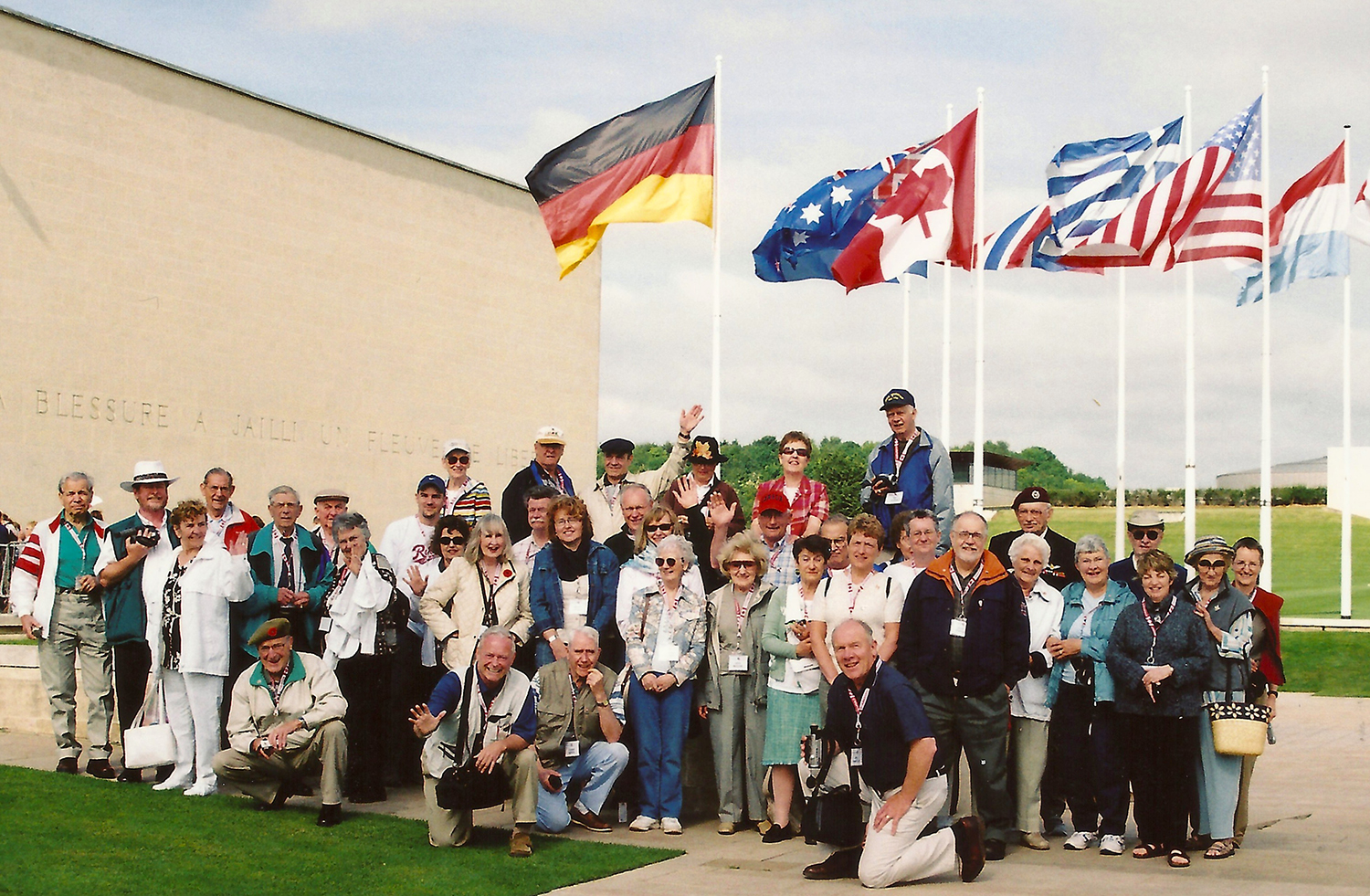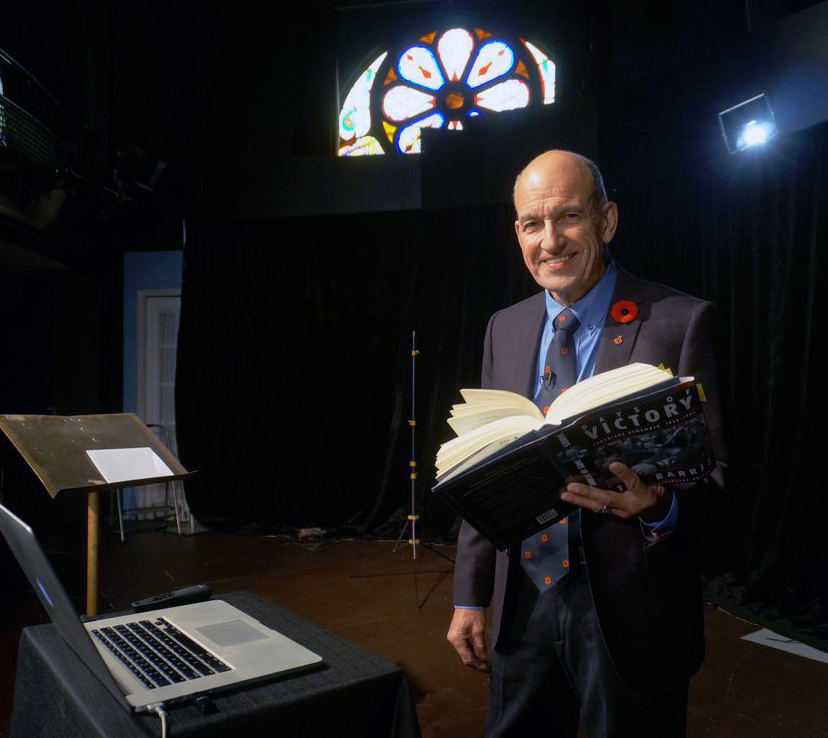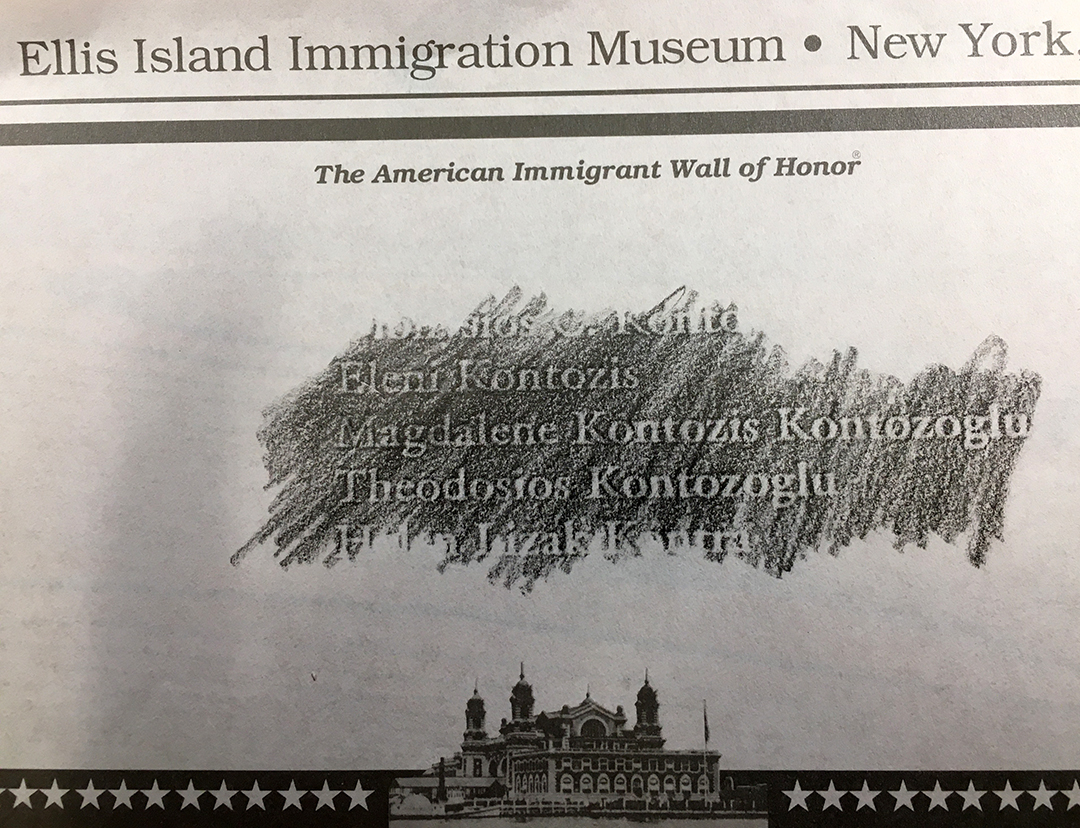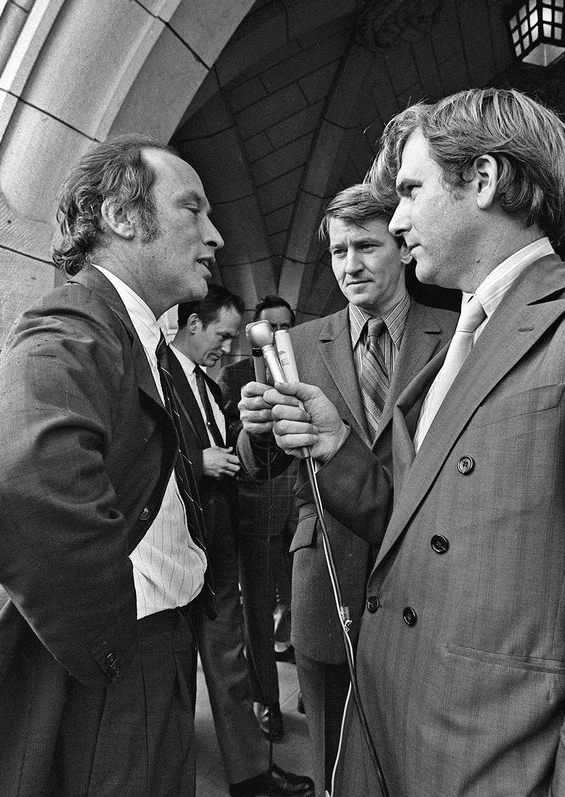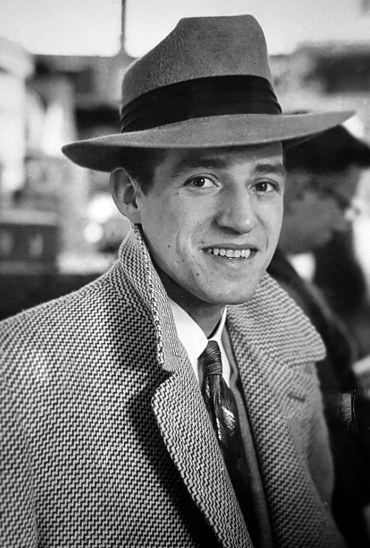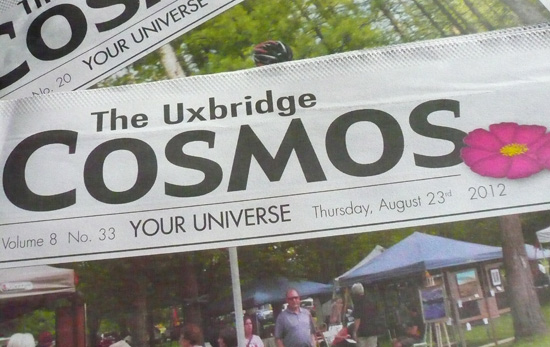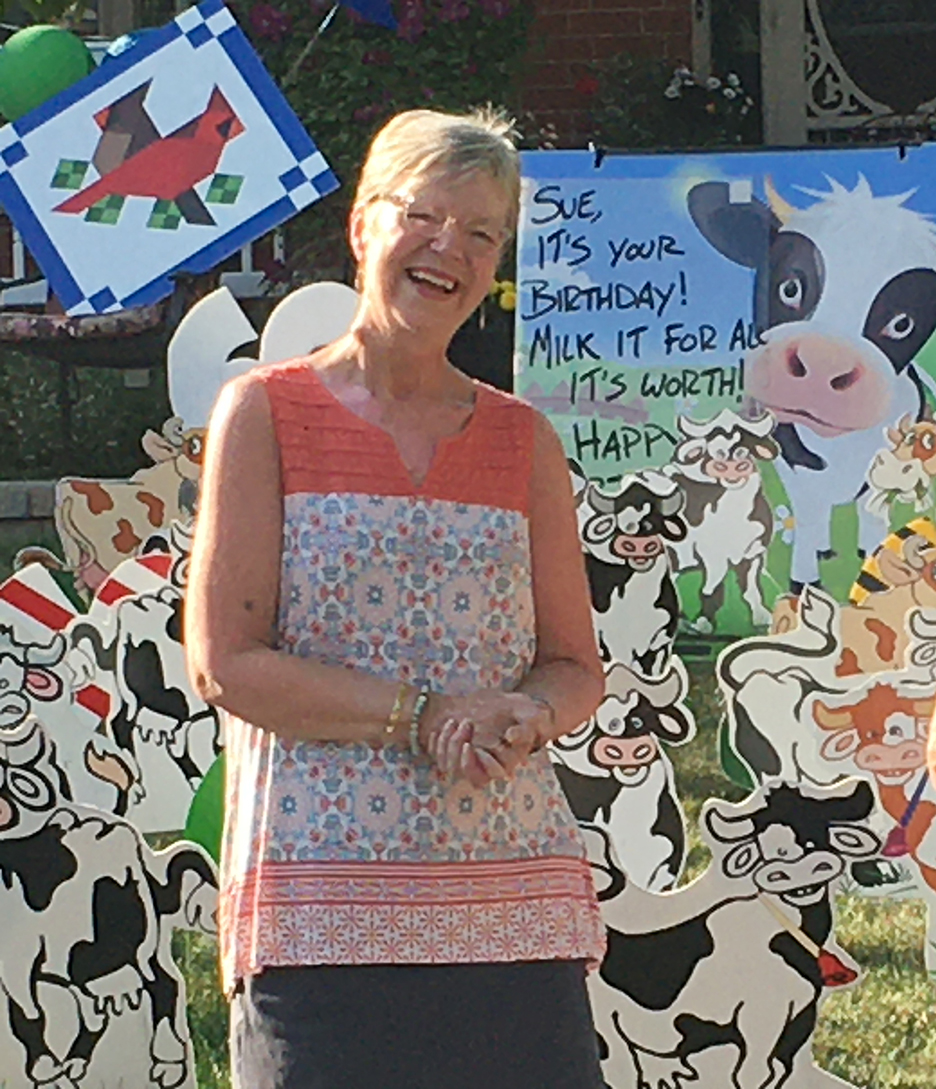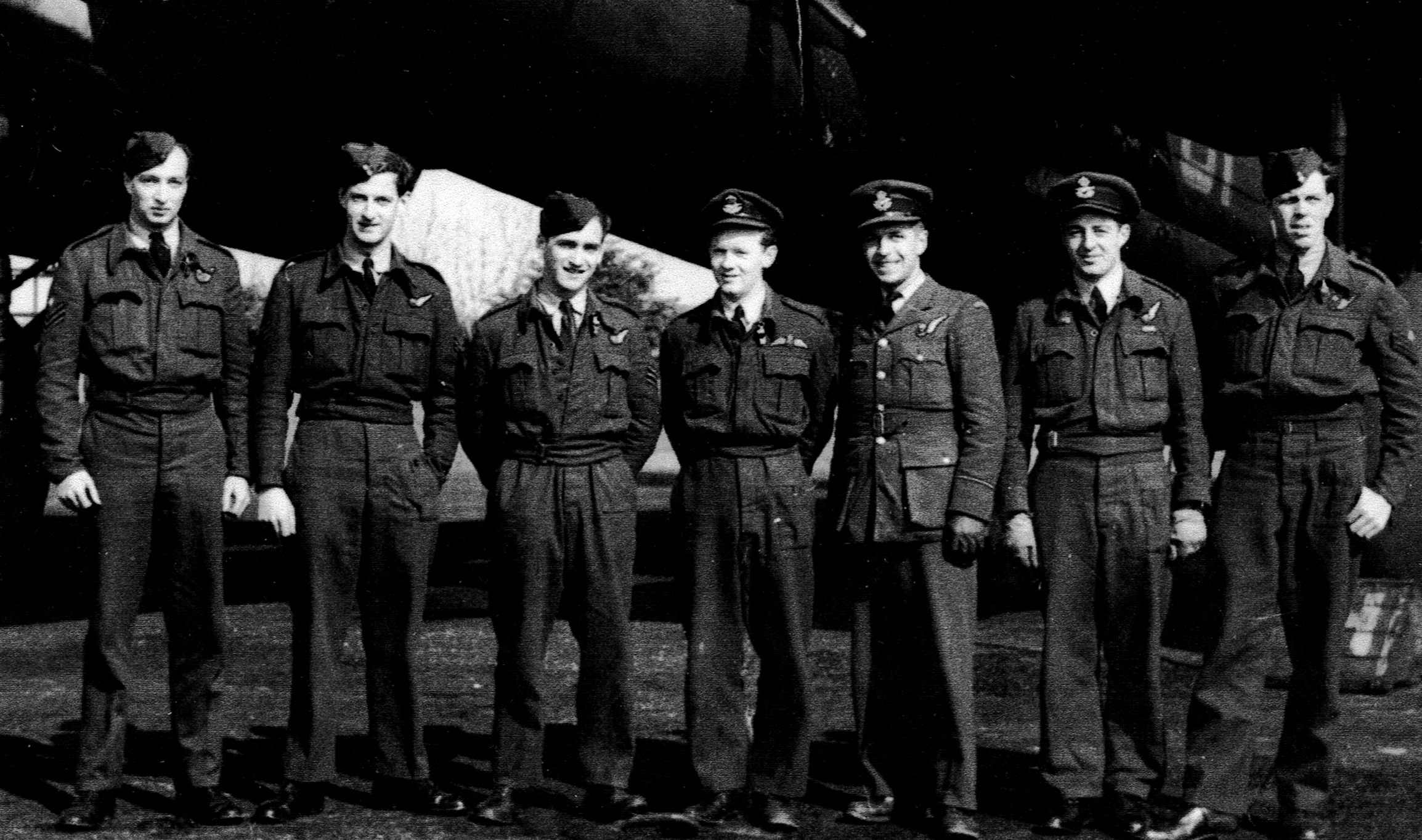
He didn’t have to do it. Still in an RCAF uniform and duty-bound to King and Country in April 1945, nevertheless Joe English stepped up. He and his entire Lancaster crew had completed the requisite 30 operations, a full tour, over occupied Europe. They all had done their bit in the war, but Joe and his entire crew volunteered for one more flight.
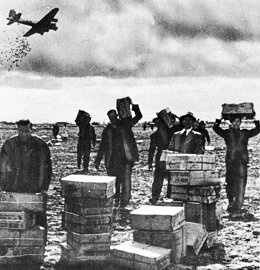
“The Germans say they’ll permit bombers to fly in low over the big Dutch cities – Amsterdam, Rotterdam, Utrecht, the Hague,” their RAF commanders told them. “People are starving there. They need us to drop tons of food.”
“As far as I was concerned,” Joe said, “it was about improving people’s lives.” (more…)
